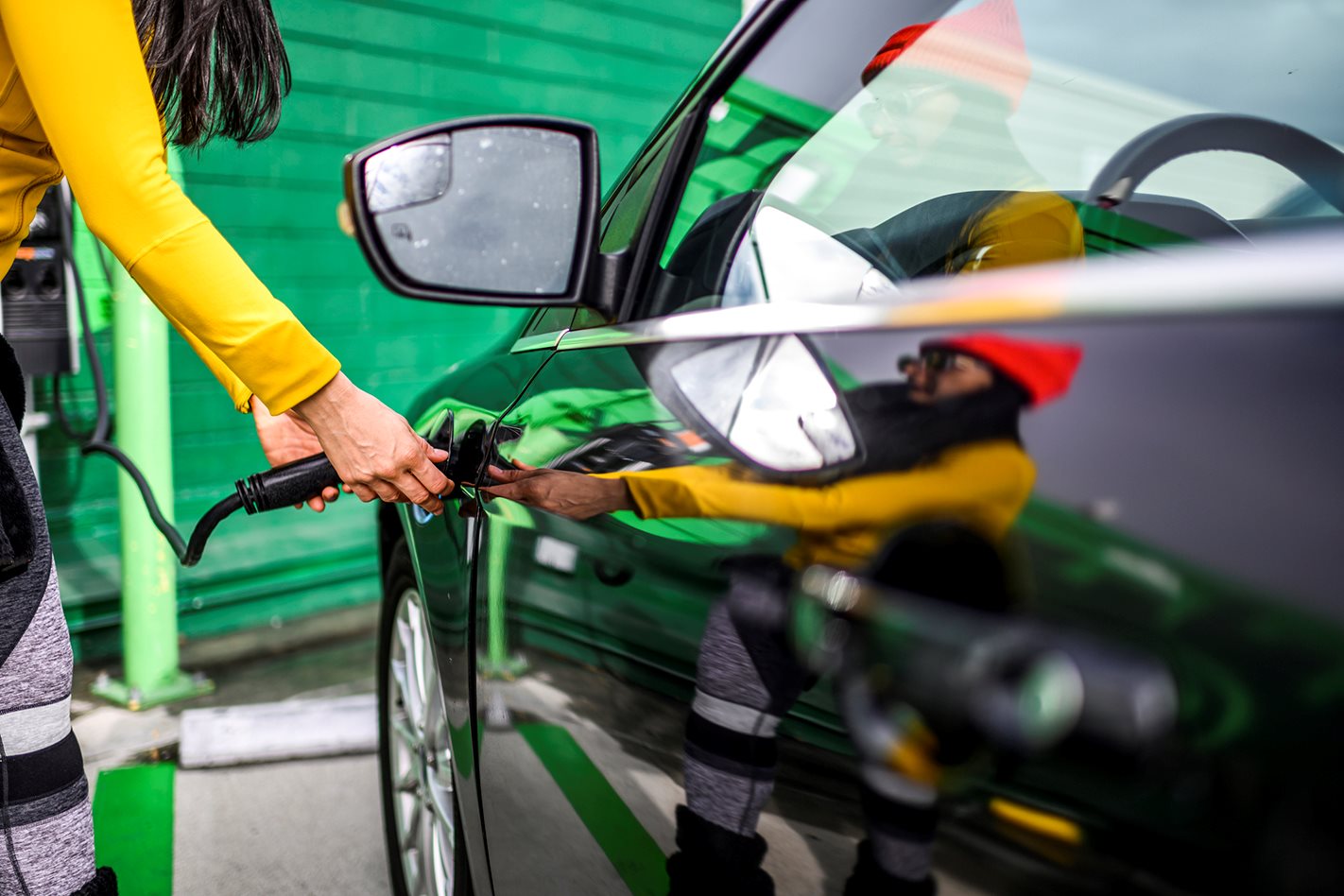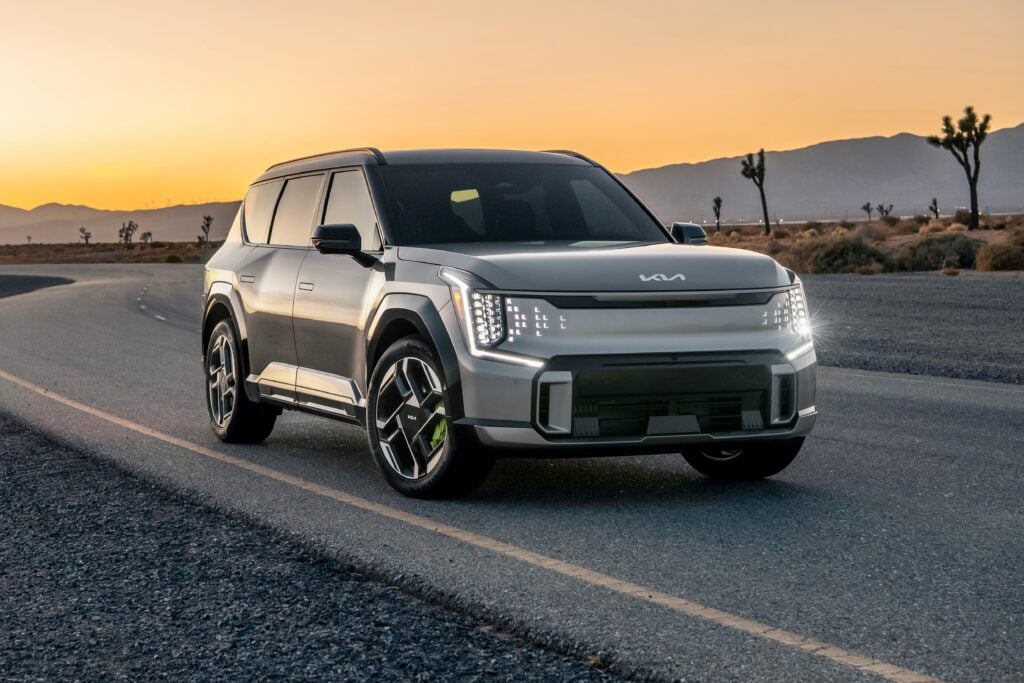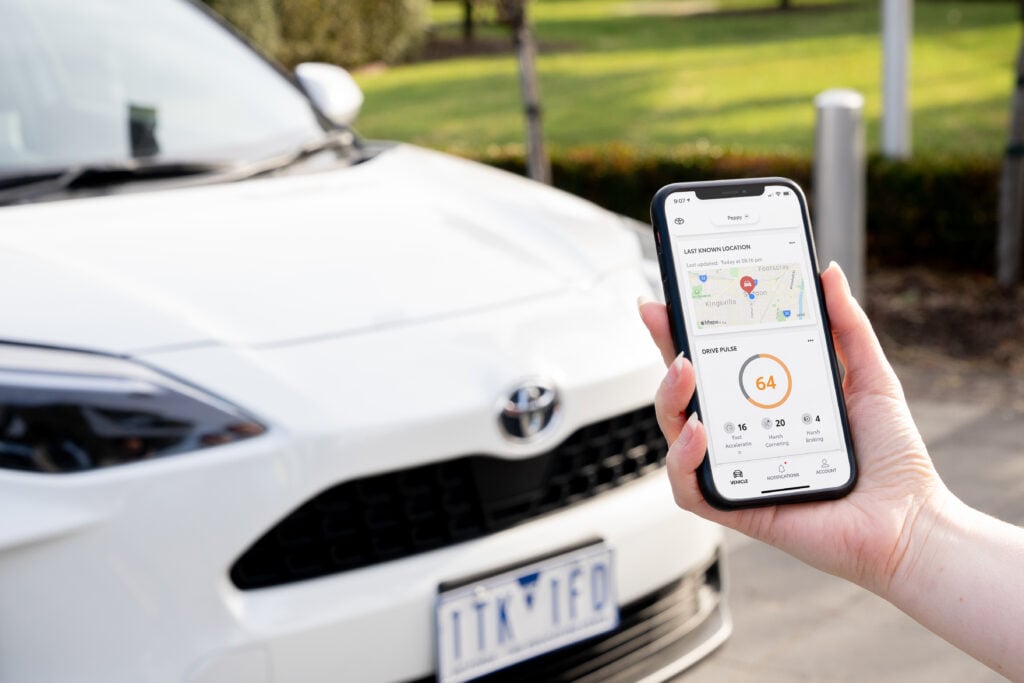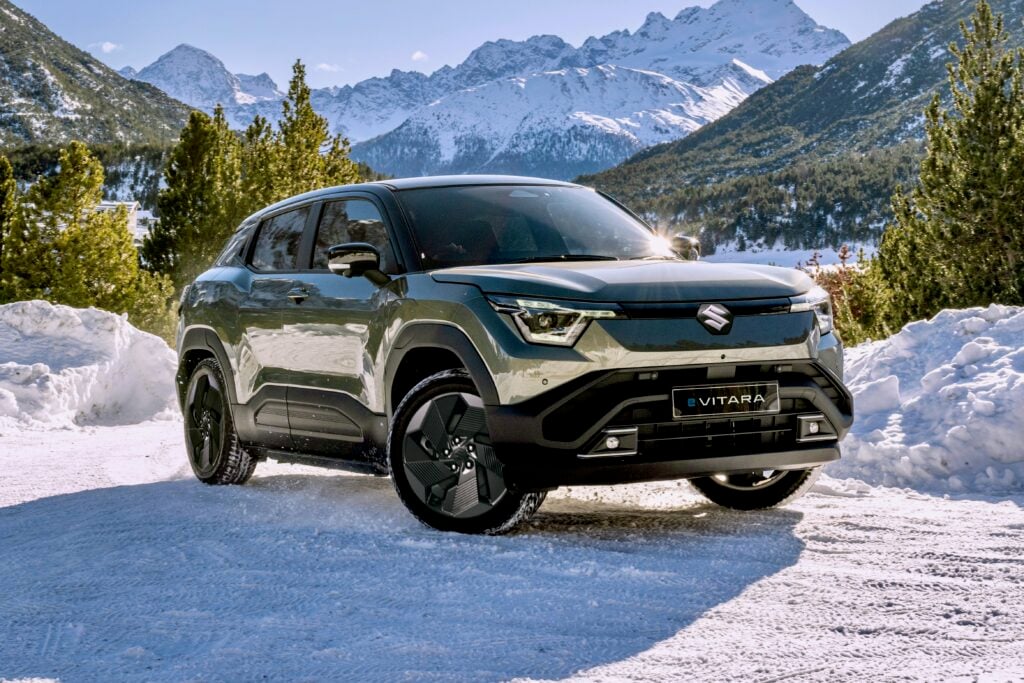Key Points
- Future Fuels Strategy announced today
- No incentives, subsidies or emissions target
- Industry cans Government’s approach
The Australian auto industry has panned the Federal Government’s attempts to encourage electric vehicle uptake – calling its efforts “too little, too late”.
The Morrison Government’s Future Fuels Strategy has been revealed, including funding for 50,000 charging stations in homes Australia-wide in partnership with the private sector.
Today’s announcement focuses on public electric hydrogen refuelling infrastructure, heavy and long-distance vehicle technologies, commercial fleets and household smart charging.
But its lack of any tax incentives, subsidies or minimum emission standard whatsoever to actually drive Aussies towards buying an EV has been lambasted by industry figures for once again leaving Australia lagging behind as an “automotive third-world country”.
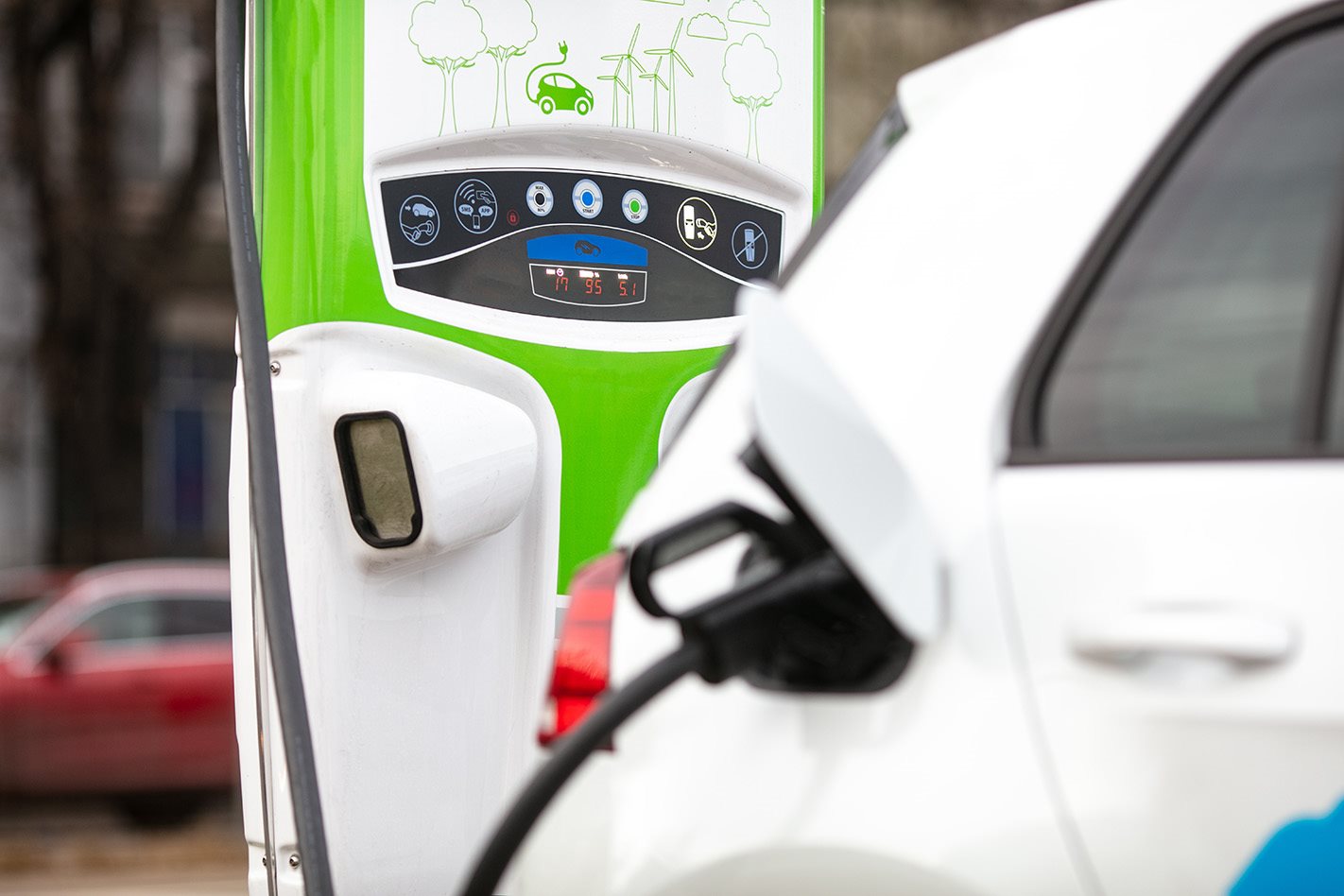
Behyad Jafari, CEO of the Electric Vehicle Council, said the Government’s plan wasn’t fit for the 21st century and will mean Australians continue to miss out on the best technology on offer.
“Fuel efficiency standards are the absolute bare minimum of what you would expect in any 21st century plan.
“If Australia continues to be one of the only developed nations without fuel efficiency standards then we will continue to be a dumping ground for the world’s dirtiest vehicles. It’s sadly that simple.
“If [the Strategy] contained fuel efficiency standards and rebates it would give Australians more choice. The best and most affordable EVs manufacturers are producing would make their way swiftly onto our market.
“Future Fuels is certainly an advance on the Government’s rhetoric of the last election. The Strategy has identified some of the correct benefits and pathways, but it does little to realise them.
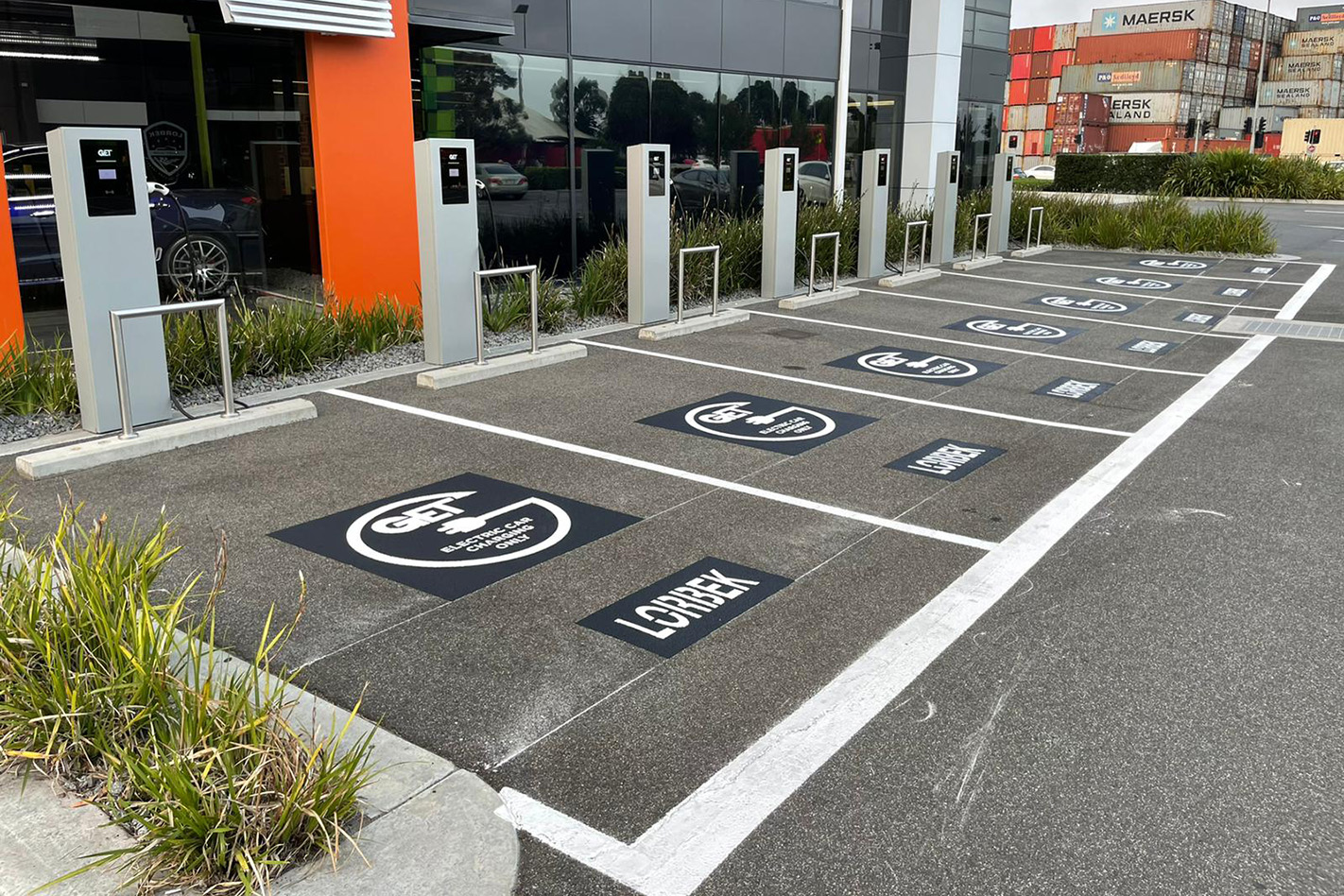
“I welcome the progress we’ve seen, but it’s far too little too late. For a strategy that has apparently taken years to write, it leaves much to be desired. Electric vehicles present a monumental opportunity for Australia not only in reducing pollution, but creating an innovative industry in manufacturing, technology and services.”
The EV chief added that the Strategy only just about covers five per cent of what’s needed to bring Australia into step with the likes of Europe and the United States. In fact, more than 80 per cent of the global car market now requires new cars to meet minimum emissions standards before they can be sold.
The Federal Chamber of Automotive Industries also slammed the Strategy, saying that although it welcomes the infrastructure investment, the Government has “missed an opportunity” to set a national emissions standard that would provide the momentum needed to reduce the country’s vehicle CO2.
“Governments should focus on setting targets, not trying to pick winners through specific technology,” Chief Executive Tony Weber said.
“The availability of EVs in Australia is increasing as car manufacturers respond to growing demand, however the reality is that they still account for less than one per cent of total vehicle sales year to date.
“This means that the Government’s target for EVs to be 30 per cent of new vehicle sales by 2030 is extremely optimistic.
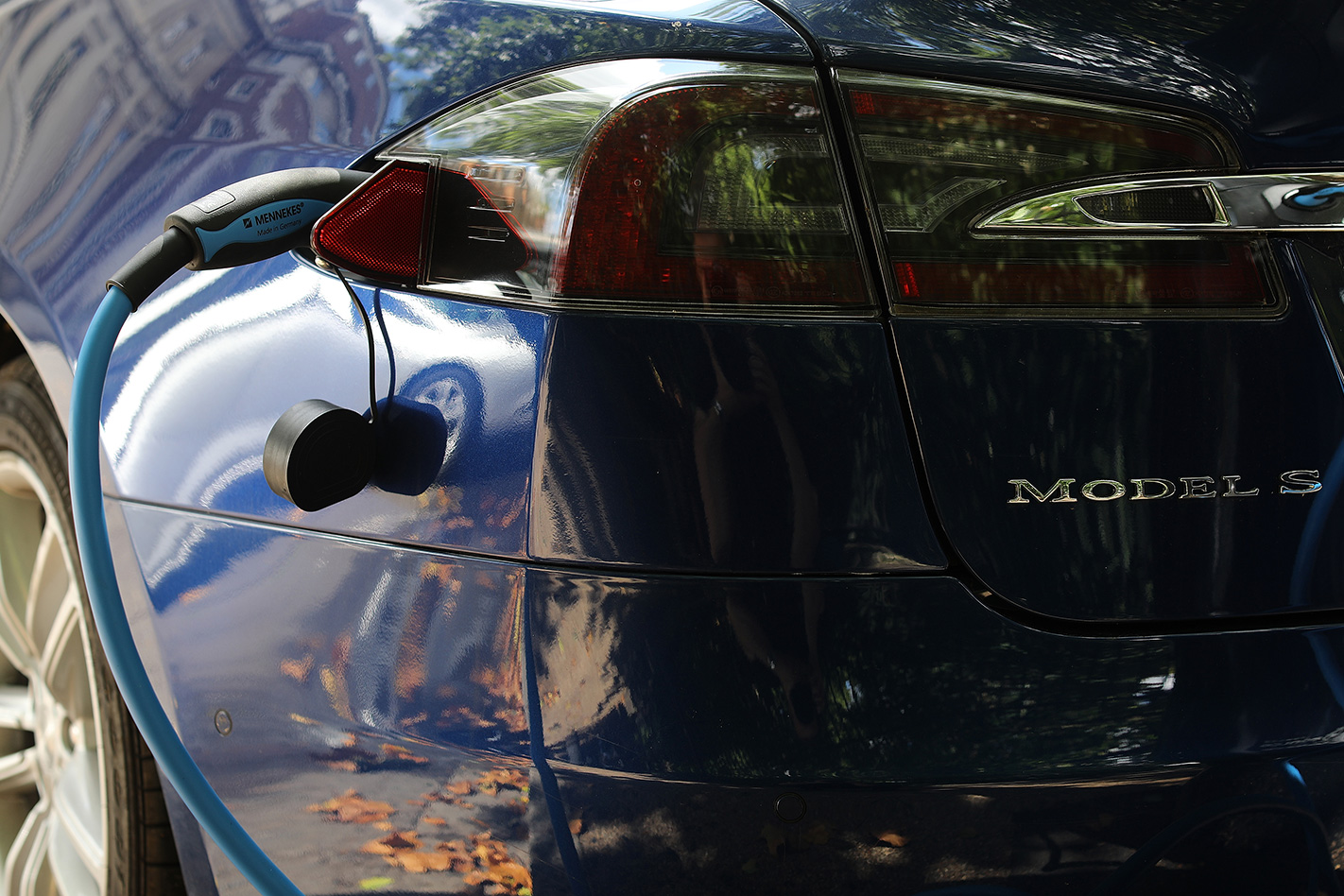
“We strongly urge the Government to adopt the FCAI’s existing voluntary emissions standard which sets a clear pathway towards lower CO2 emissions across the entire passenger and light commercial fleet through to 2030.
“Around the world, targets are a clear sign of a governments intent to reduce emissions and sends a positive signal to automotive manufacturers to provide more electric-powered vehicles to those markets. This is exactly what is needed in Australia.”
The Strategy, announced today, confirms Australia does not plan to adopt these standards, which place tougher restrictions on pollutants in petrol, and require new cars to emit far less particulate matter than is currently the case.
Former Labour leader Bill Shorten, who has long said Australia is not doing enough to encourage consumers to buy EVs, told Wheels:
“It’s like we’re having an argument between landlines and mobile phones when we have this argument between combustion engines and electric vehicles.
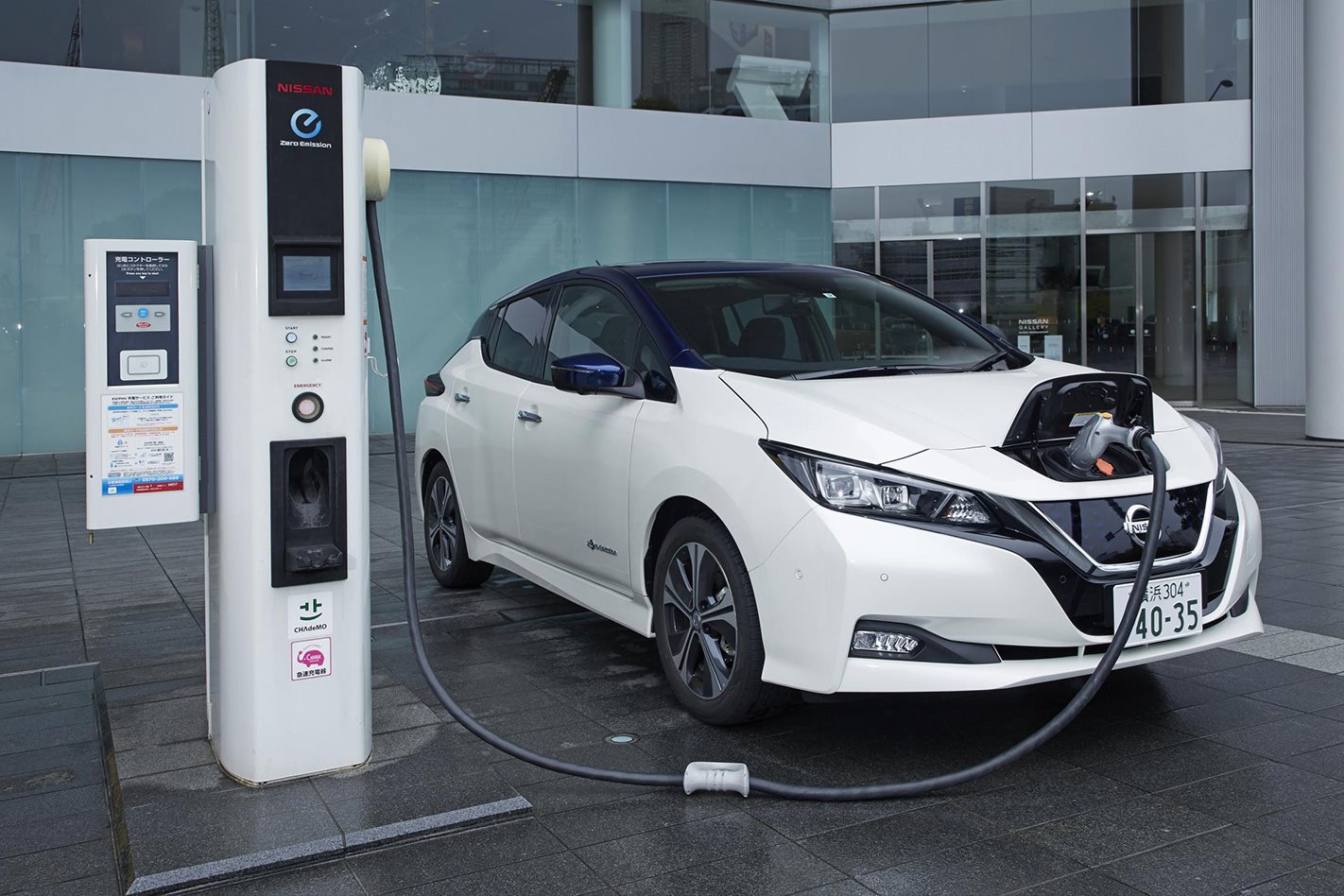
“I took policies, which I didn’t think were radical, to the last election but they were lampooned by…the Prime Minister as ‘the death of the weekend’. It’s just a case of poor national leadership, I outlined a plan for EVs, and the Government rubbished it and misled people.
“The world doesn’t wait for Australia, so every time we make a decision to stand still we drop further back, and it becomes harder to claw back again.”
The Strategy includes expanding the Future Fuels Fund to a total of $250 million ($178m of which is new funding), which the Government estimates will create 2600 jobs over three years.
Beyond this, instead of taking charge on the issue itself, the Federal Government plans to ask state and territory energy ministers to incentivise the use of smart chargers in homes and work with regulators to ensure the electricity grid can handle the added pressure.
“Reducing the total cost of ownership through subsidies would not represent value for the taxpayer, particularly as industry is rapidly working through technological developments to make battery electric vehicles cheaper,” the strategy said.
“We will not be forcing Australians out of the car they want to drive or penalising those who can least afford it through bans or taxes,” Mr Morrison said.

“Instead, the strategy will work to drive down the cost of low and zero-emission vehicles and enhance consumer choice.”
“Voluntary adoption of electric vehicles is the right pathway for reducing transport emissions over the long term. Stringent standards, bans or regressive taxes will limit choice and increase the upfront costs of cars for Australians,” Minister for Industry, Energy and Emissions Reduction Angus Taylor, added.
Last month, Prime Minister Scott Morrison outlined the details of his Government’s net zero by 2050 plan – which did not include a commitment to phase out cars powered by fossil-fuels.
The latest projections revealed Australia is on track to cut overall emissions by 30 to 35 per cent by 2030, but the PM said the official national target of a 26 to 28 per cent reduction would remain unchanged.
However, the policy was met with criticism from the car industry, with Tony Weber, Chief Executive of the Federal Chamber of Automotive Industries (FCAI), saying the Government should be sending a stronger message, and 2050 “is too far away”.
Paul Pottinger, General Manager of Corporate Communications for Volkswagen Australia, which has been a long time critic of the Federal Government’s position on emissions, also told Wheels:
“Lack of national regulation means that in terms of electric vehicles, Australia is subject to a patchwork of disparate regulations. NSW has a world class EV adoption policy; Victoria has the world’s worst. Zero and low emission vehicles ownership is encouraged on one side of the Murray and taxed on the other.
“Until Euro 6 emissions regulations are mandated in Australia, certain importers can continue to dump engines here that they cannot sell in other markets. The same cars that Volkswagen’s rivals sell to Australians with old Euro 5 technology, they sell in developed markets with cleaner, more efficient Euro 6 engines.”
The Government explicitly noted during that its new plan focuses on “net zero, not absolute zero emissions” and stated reaching its goals does not necessarily require ending coal or other fossil-fuel consumption in Australia entirely.
Instead, the Government intends to use existing and emerging technologies, saying those will get the country 85 per cent of the way to net zero – the plan prioritising “clean” hydrogen and “ultra-low-cost solar”, as well as battery storage of renewable power and carbon capture.
Korean firm Hyundai said it welcomed today’s infrastructure investment news, but said more could be done “to accelerate a mandate for minimum fuel standards, which currently lag behind the rest of the developed world”.
“We have seen positive consumer reaction to recent state government initiatives introducing consumer incentives for ZEV adoption. Other advanced markets have shown how beneficial and popular these policies can be,” said spokesperson Bill Thomas.
“Another factor less talked about is fuel security: if we transition to zero-emission vehicles powered by green energy, Australia becomes less reliant on imported fuels.”
You can read more of Bill Shorten’s interview with Wheels in our December issue, on sale November 15.
We recommend
-
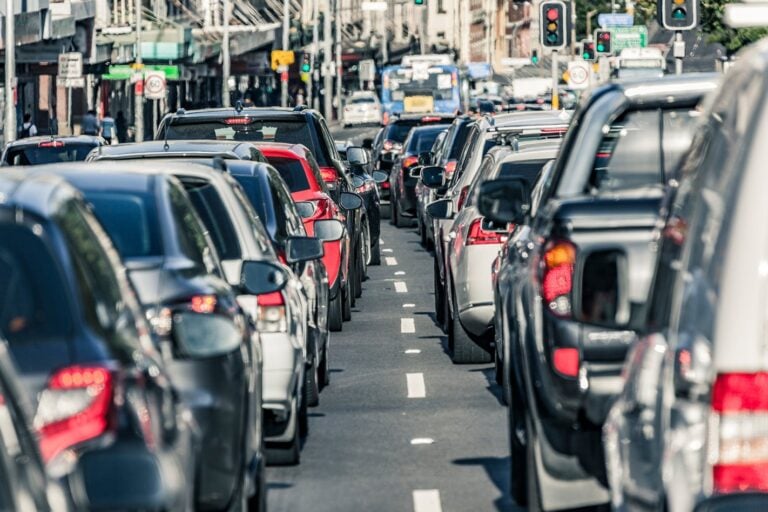 News
NewsNo ICE reduction target included in Australia's net zero 2050 plan
Prime Minister unveils climate plan, but auto industry goals are still missing
-
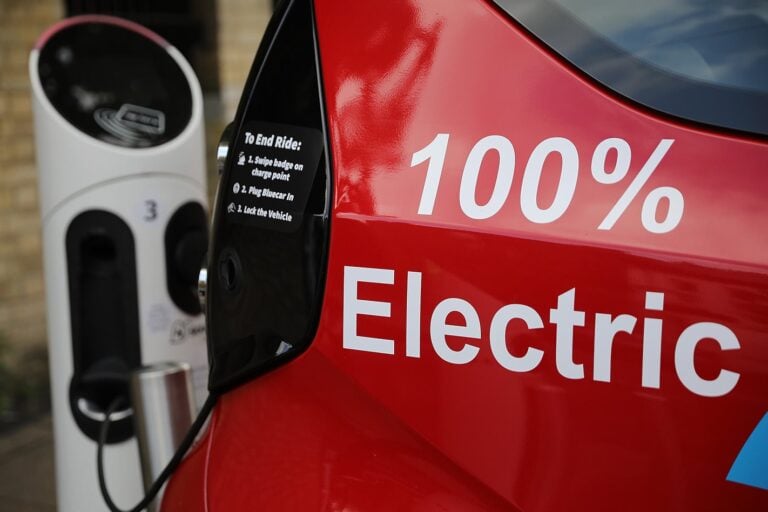 News
NewsVictorian EV tax bill is "world's worst EV policy"
A public hearing about the controversial EV tax bill is on today
-
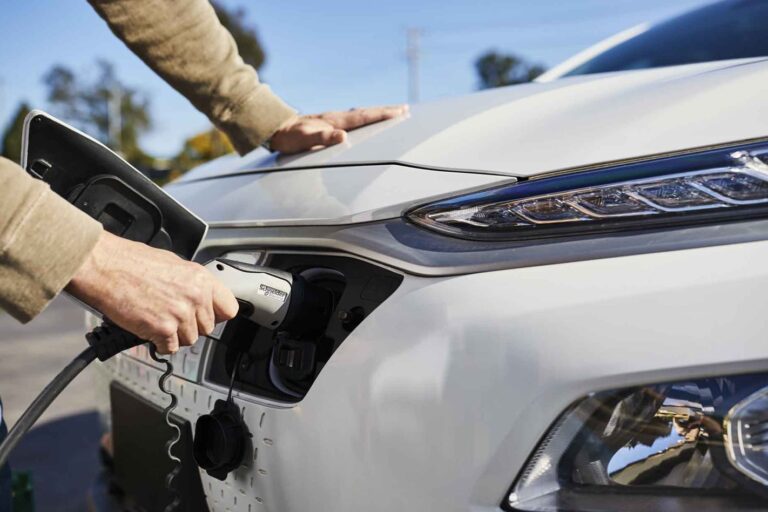 News
NewsAustralia's EV policies: What's happening in each state and territory in 2021 – UPDATED
It's every state and territory for itself as the Federal Government declines to take the lead on EV policy. Here's the current state of play


